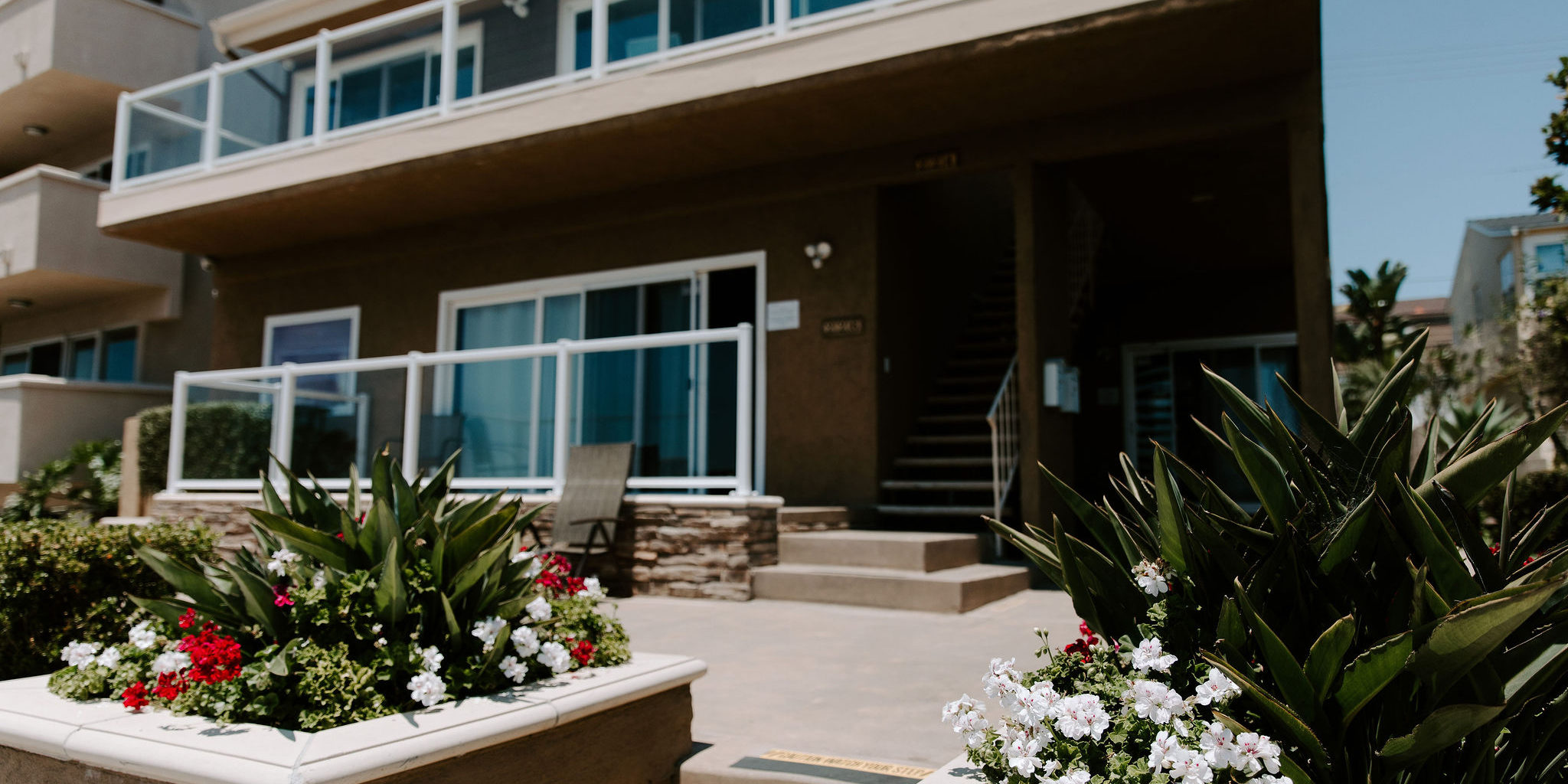One of the most pervasive myths about substance abuse treatment is that all rehab programs are the same. Another widespread misconception is that a brief stint in rehab can fully heal the disease of addiction. Of course, the truth is much more nuanced and complex than that. Succeeding in your goal of being healthy without opioids requires thoughtful planning, including what type of treatment program to choose and whether you’re willing to put in the work to address the underlying cause of your addiction.
What Is Outpatient Rehab?
Traditional residential rehab programs provide men and women a retreat from the stressors of the outside world where they can focus fully on healing their body, mind and spirit. Still, many people are unable or unwilling to put their responsibilities on hold to concentrate on their recovery. By enrolling in an intensive outpatient program, you can start learning how to overcome an opioid addiction without having to take too much time away from work or school.
Outpatient rehab is more flexible than residential treatment because it allows you to live at home and continue focusing on your career or educational goals while you pursue your recovery goals. While you’ll participate in some of the same activities as you would if you attended inpatient treatment – such as individual and group therapy – you can do so on your schedule, without hitting the pause button on the rest of your life.
Outpatient Rehab as Aftercare
For some people, an intensive outpatient program is a better fit as a transitional element of their ongoing aftercare plan. Despite all the learning and growth that takes place in residential rehab, completing your initial program still won’t “cure” you of your illness. That’s why you need a comprehensive strategy for the steps you’ll take after your discharge from treatment.
If you haven’t learned to handle real-world pressures without the crutch of drugs and alcohol, immediately returning to a familiar environment and stepping right back into your usual pre-treatment routine may prove to be too triggering. Estimates from the National Institute on Drug Abuse suggest people healing from substance use disorders have a relapse rate between 40 and 60%.
Continuing to work on your sobriety in outpatient rehab can help reduce your risk of relapse by providing extra support and accountability. For people who are worried about taking on too much too soon, an intensive outpatient program offers a step down between the rigors of residential rehab and the responsibilities of your busy lifestyle.
Young Adult Addiction Treatment in California
Since staying clean and sober is a lifelong process, the longer you pursue addiction recovery, the better off you’ll be. That’s why the treatment approach you initially choose is only one component of your overarching commitment to lifelong sobriety.
Everyone pursues addiction recovery with different goals. Since no two people are alike, your approach to healing should fit your needs and lifestyle, and outpatient rehab can be an integral part of recovery for many people.
At Pillars Recovery, our philosophy is simple – we want to help you get your life back with evidence-based treatment approaches. We understand how hopeless and desperate addiction can feel because we’ve experienced it firsthand. To learn more about what we provide and the benefits of recovering in Southern California, please contact us today.







